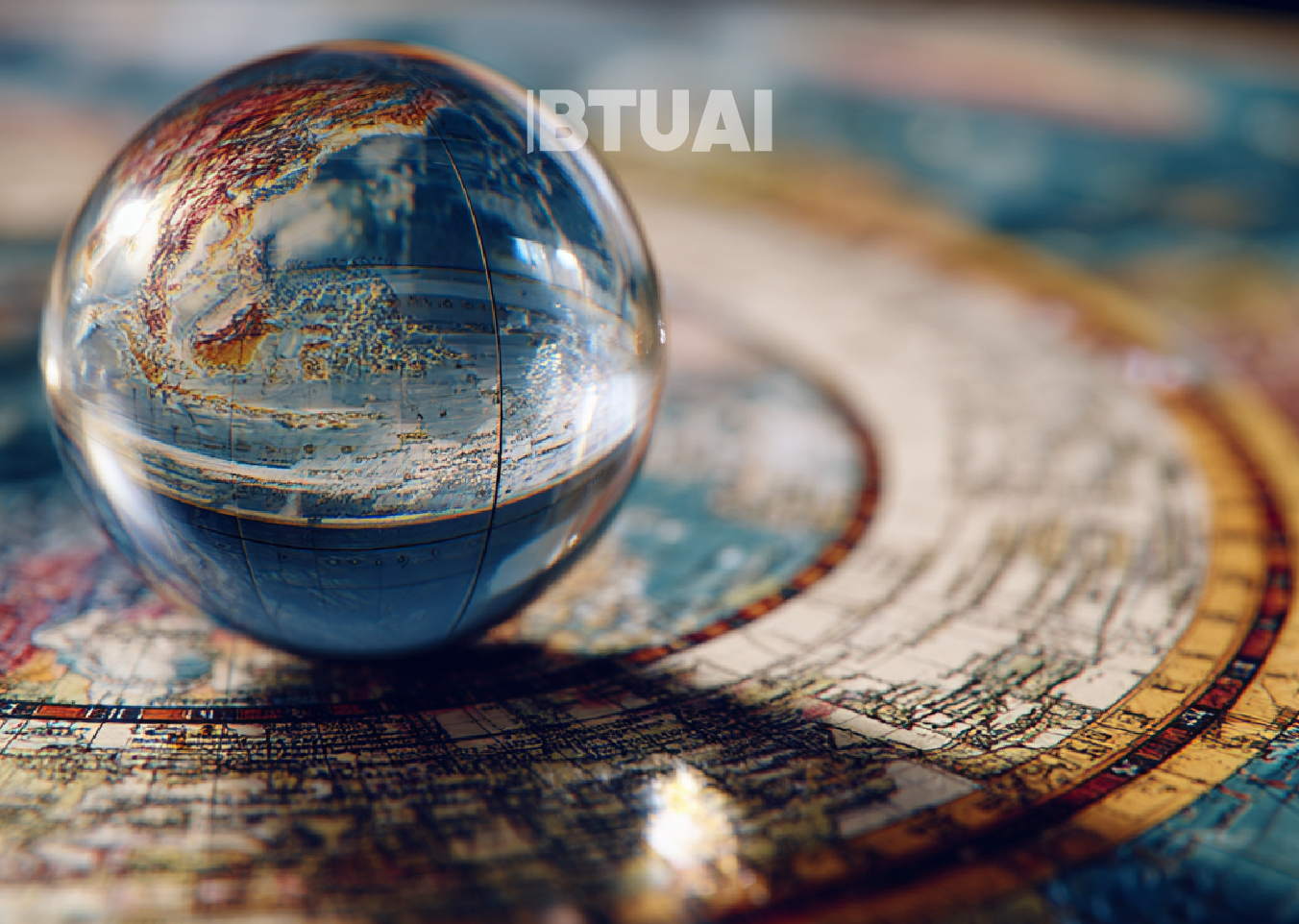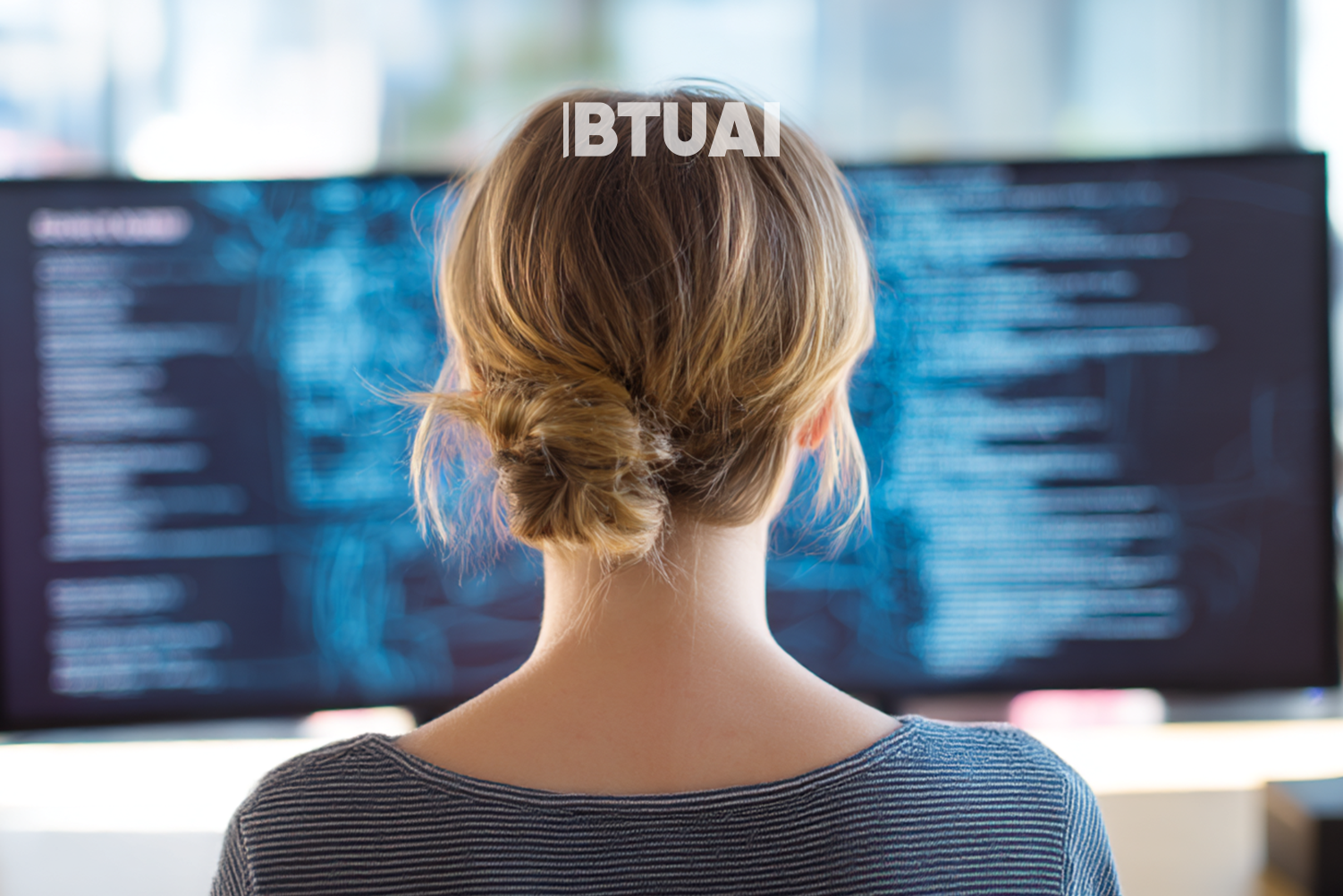How Many People Actually Make the World’s Decisions?
The world has over 8 billion people—but how many of them truly shape the decisions that govern our economies,

The world has over 8 billion people—but how many of them truly shape the decisions that govern our economies, societies, technologies, and futures? Despite the spread of democracy, internet access, and decentralized platforms, global power remains highly concentrated in the hands of a very small elite.
In politics, only about 195 heads of state exist globally, and even among them, just a handful hold significant global sway. The G20 leaders, whose countries make up over 85% of global GDP, number only 20 people. These individuals set international agendas, respond to crises, and make choices that ripple across continents.
In the corporate world, the concentration is even starker. The top 500 global companies, according to Forbes, generate around $35 trillion in annual revenue, nearly half of global GDP. These companies are run by about 500 CEOs, whose decisions influence everything from global supply chains and energy investments to AI development and labor markets. Add to that their board members—perhaps a few thousand more—and you have the backbone of global economic control.
Media and information power is equally narrow. The editors, executives, and moderators of leading platforms—from CNN and The New York Times to TikTok and Meta—curate the information flow for billions. In some ways, content moderation teams and algorithm designers now wield more influence over public discourse than national media regulators.
In finance, the decisions of a few central bankers—like the chairs of the U.S. Federal Reserve or the European Central Bank—can instantly affect the cost of capital across the world, shifting trillions in global markets.
So if we try to tally it all:
- About 100 major political leaders
- 500–1,000 top corporate executives
- 50–100 key central bankers
- A few thousand influential media figures and platform policy leads
That’s roughly 10,000 to 15,000 individuals who shape decisions that direct the course of global systems. That’s less than 0.0002% of the world’s population.
While the 21st century is often described as decentralized, the actual levers of power remain deeply centralized. Yes, more people can express themselves through social media and open platforms—but decision-making, funding, and strategic direction still reside with a global minority. And as platforms, algorithms, and codes increasingly drive outcomes, these new systems of control may be replicating—rather than replacing—old hierarchies.
This raises urgent questions about global accountability. How can we ensure that those few shaping the world’s trajectory reflect the diversity of the societies they affect? And are we decentralizing expression, or real power too?




